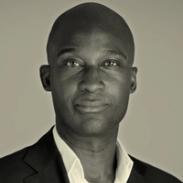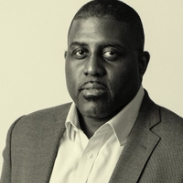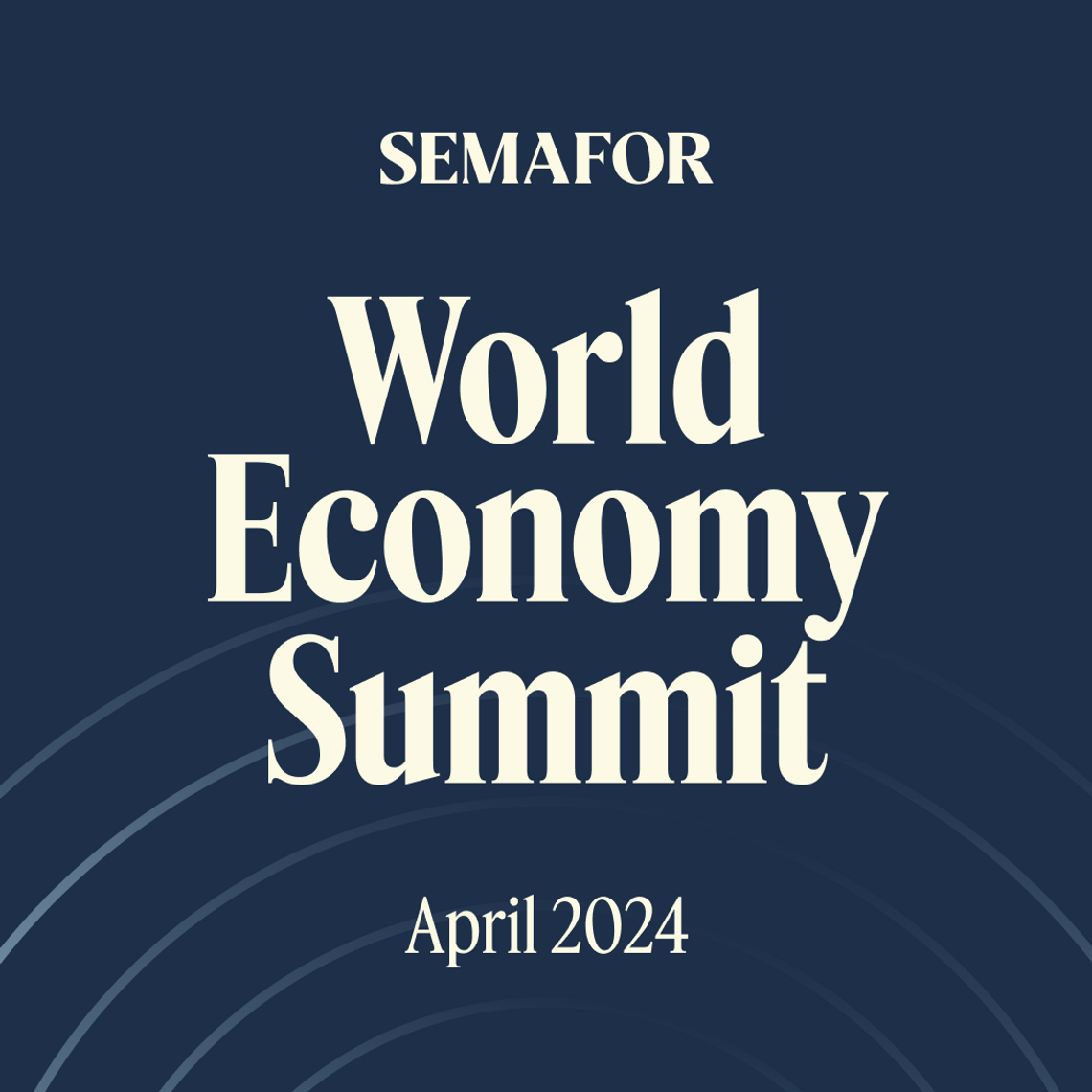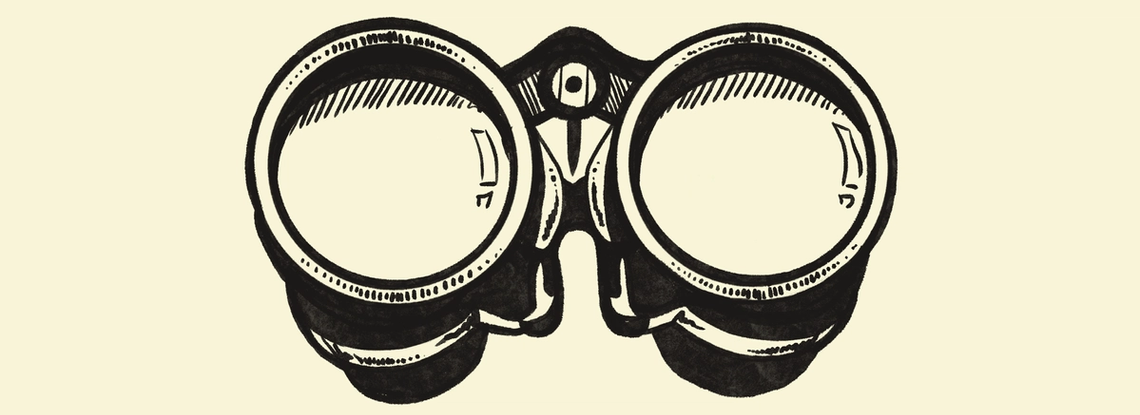 Africa Finance Corp Africa Finance CorpTHE SCOOP Africa Finance Corporation, an Africa-owned development institution, is restructuring its equity holding for non-African sovereigns to take more than a fifth of its ownership structure, according to a senior executive at the bank, raising concerns that it could alter the lender’s priorities. The Lagos-based multilateral lender, which took on Turkey’s Exim Bank as its first non-regional equity holder in December, has held early talks with future sovereign investors including United Arab Emirates, Qatar, and Saudi Arabia as it looks for long-term partners focused on African development, AFC Executive Director Sanjeev Gupta told Semafor Africa. Gupta said the bank’s management had made a “conscious strategy” to make up to 24% of the institution’s equity available “for non-African shareholders to come in.” KNOW MORE AFC was founded as a multilateral financial institution in 2007, via a treaty among African countries to address the continent’s infrastructure and energy deficits among other areas. It was initiated by Nigeria which retains a 40% plus stake in the Lagos-based firm via the country’s central bank. Today, there are 42 African sovereign states with equity stakes alongside African financial institutions. The bank had $10.8 billion in assets at the end of the first half of 2023. It has invested around $11 billion since its inception. YINKA’S VIEW There are plenty of reasons to understand why AFC’s senior team, led by chief executive Samaila Zubairu, are keen on the prospect of expanding their equity holding base with non-regional members. For one thing, as an ambitious African institution, it can’t be easy to maintain an investment grade credit rating on the global markets when so many of the sovereigns and African institutional stakeholders are themselves not of investment grade. Adding sovereign holders with potentially stronger credit profiles will go some way to helping to maintain its A3 credit rating, and maybe even improve it, say market watchers I’ve spoken with. But there will be some tension about whether AFC is going to lose its carefully-managed identity as a pragmatic Africa-first financial institution, which is tied to its wholly African ownership. The much larger African Development Bank — Africa’s top development bank and the continent’s only AAA-rated financial institution — has 54 African member countries and 27 non-African members. There have been quiet grumblings in the past about whether it moves quickly enough to address Africa’s many urgent challenges and whether its non-regional holders have too much say on its agenda. AFC’s Gupta says it is aware of these risks and is taking a “deliberate” approach. “We just don’t want anybody to come in as an investor,” he told me. “We only want those sovereigns or private sector capital that have a strategic interest in Africa.” Each of the non-regional partners will hold relatively small stakes. Turkey, for example, will hold less than 4%, Gupta said. | 












